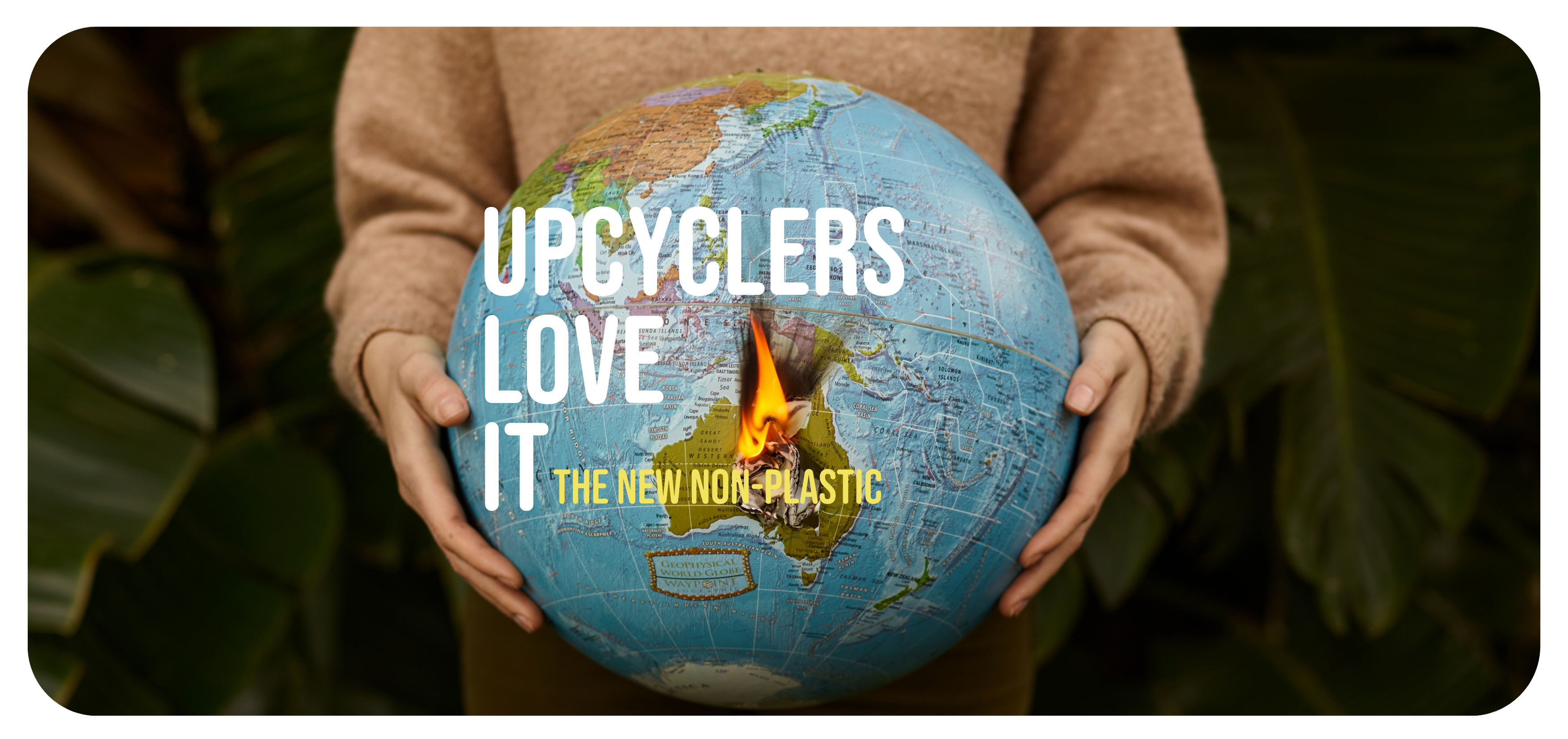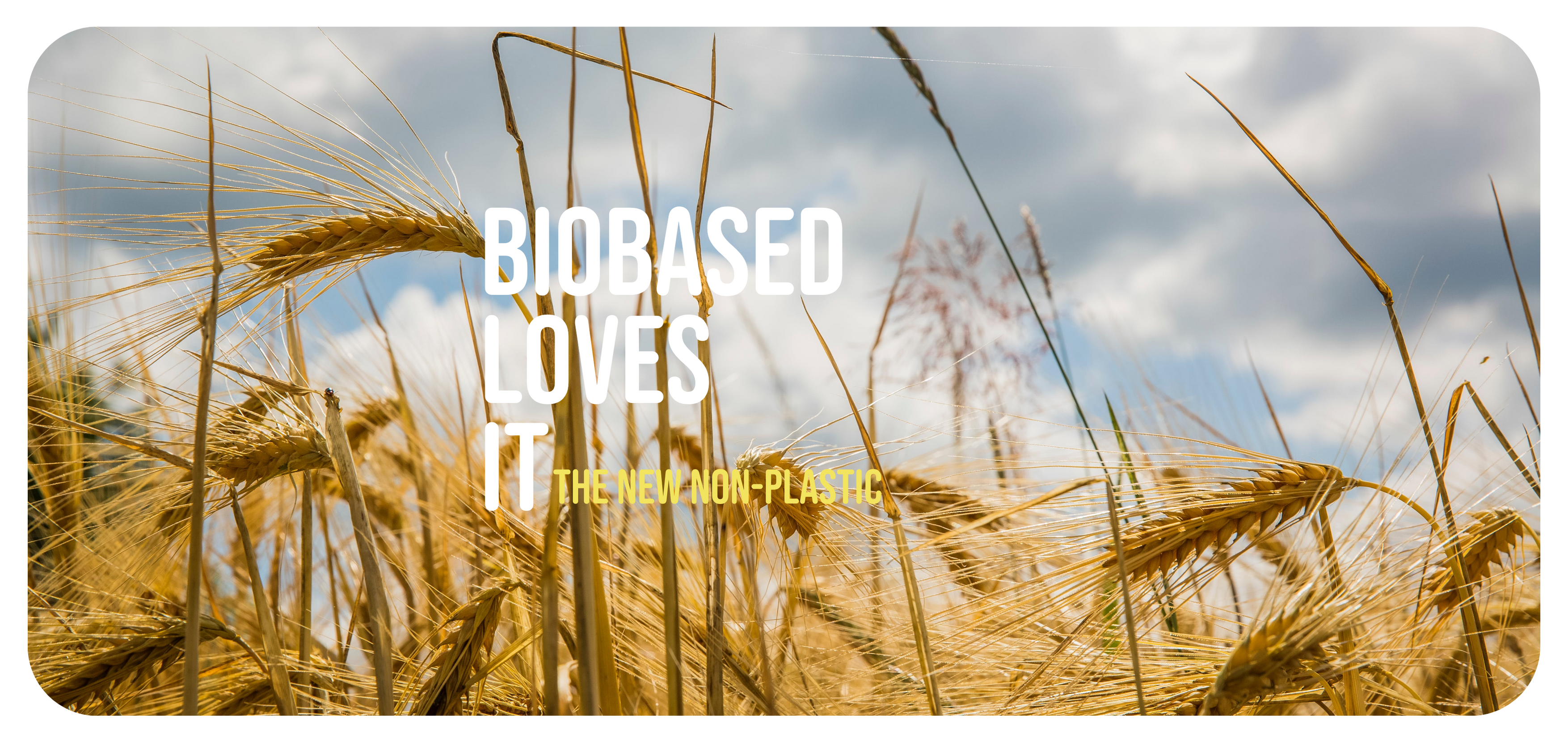
The Impact of Upcycling in the Circular Economy
Upcycling is transforming the way we view waste by turning discarded materials into products of higher value. At Cyclups, we leverage innovative upcycling processes to convert agricultural and industrial by-products into raw materials for sustainable goods, reducing landfill waste and creating economic opportunities.
Unlike traditional recycling, upcycling enhances the value of materials, offering an essential tool for a circular economy. By minimizing waste and repurposing resources, upcycling addresses environmental challenges while fostering innovation and market expansion. For example, our upcycled products, including plant-based granulates, serve as eco-friendly alternatives in the food and packaging industries.
One of upcycling’s significant benefits is its economic potential. By creating high-value goods from waste, it reduces dependence on virgin resources, lowers production costs, and opens new revenue streams for businesses. At Cyclups, we work closely with partners to scale these solutions and ensure their widespread impact.
Nevertheless, upcycling faces hurdles such as inconsistent material quality and limited public awareness. To overcome these, Cyclups invests in education initiatives and partners with businesses to showcase the tangible benefits of upcycled products.
Together, we can redefine waste as a resource and drive progress toward a truly circular economy.



Leave a comment
This site is protected by hCaptcha and the hCaptcha Privacy Policy and Terms of Service apply.